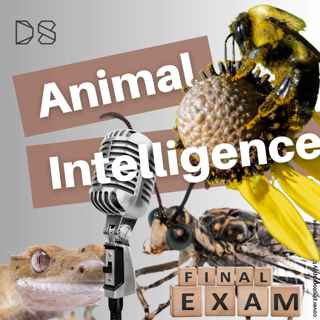
Animal Intelligence Final Exam
Join us for our capstone episode on the Animal Intelligence season. We recap what we loved, what we learned, and things we wish we had gotten to spend more time on. This is a great episode to see how the podcast is produced. Now that the season is ending, our current co-host, Becky, is moving to emeritus status. In this last installment we got to spend a little more time getting to know Becky and where her work will take her after this. Did Data Skeptic inspire her to learn more about machine learning? Tune in and find out.
7 Loka 202430min
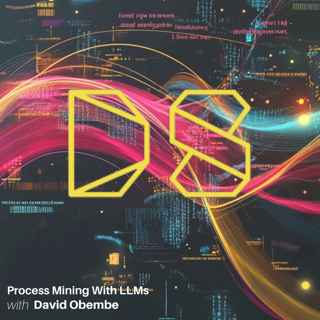
Process Mining with LLMs
David Obembe, a recent University of Tartu graduate, discussed his Masters thesis on integrating LLMs with process mining tools. He explained how process mining uses event logs to create maps that identify inefficiencies in business processes. David shared his research on LLMs' potential to enhance process mining, including experiments evaluating their performance and future improvements using Retrieval Augmented Generation (RAG).
24 Syys 202426min
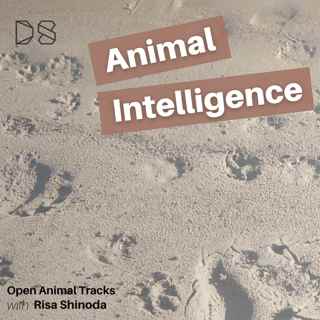
Open Animal Tracks
Our guest today is Risa Shinoda, a PhD student at Kyoto University Agricultural Systems Engineering Lab, where she applies computer vision techniques. She talked about the OpenAnimalTracks dataset and what it was used for. The dataset helps researchers predict animal footprint. She also discussed how she built a model for predicting tracks of animals. She shared the algorithms used and the accuracy they achieved. She also discussed further improvement opportunities for the model.
17 Syys 202422min
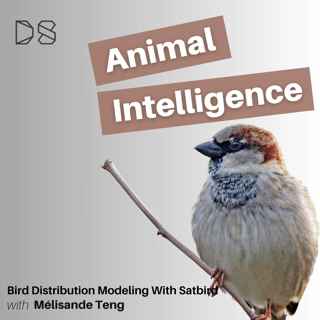
Bird Distribution Modeling with Satbird
This episode features an interview with Mélisande Teng, a PhD candidate at Université de Montréal. Her research lies in the intersection of remote sensing and computer vision for biodiversity monitoring.
10 Syys 202439min
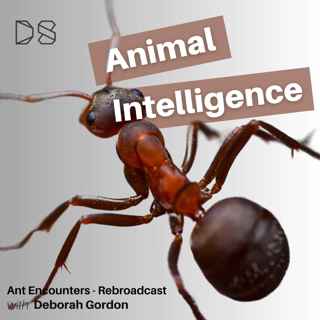
Ant Encounters
In this interview with author Deborah Gordon, Kyle asks questions about the mechanisms at work in an ant colony and what ants might teach us about how to build artificial intelligence. Ants are surprisingly adaptive creatures whose behavior emerges from their complex interactions. Aspects of network theory and the statistical nature of ant behavior are just some of the interesting details you'll get in this episode.
26 Elo 202431min
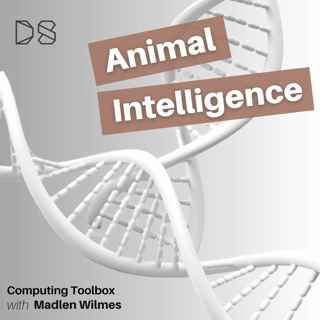
Computing Toolbox
This season it's become clear that computing skills are vital for working in the natural sciences. In this episode, we were fortunate to speak with Madlen Wilmes, co-author of the book "Computing Skills for Biologists: A Toolbox". We discussed the book and why it's a great resource for students and teachers. In addition to the book, Madlen shared her experience and advice on transitioning from academia to an industry career and how data analytic skills transfer to jobs that your professionals might not always consider. Join us and learn more about the book and careers using transferable skills.
19 Elo 202438min
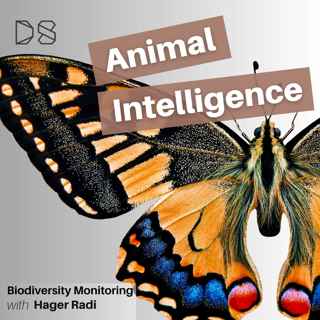
Biodiversity Monitoring
In this episode, we talked shop with Hager Radi about her biodiversity monitoring work. While biodiversity modeling may sound simple, count organisms and mark their location, there is a lot more to it than that! Incomplete and biased data can make estimations hard. There are also many species with very few observations in the wild. Using machine learning and remote sensing data, scientists can build models that predict species distributions with limited data. Listen in and hear about Hager's work tackling these challenges and the tools she has built.
14 Elo 202432min

Hacking the Colony
Today, Ashay Aswale and Tony Lopez shared their work on swarm robotics and what they have learned from ants. Robotic swarms must solve the same problems that eusocial insects do. What if your pheromone trail goes cold? What if you're getting bad information from a bad-actor within the swarm? Answering these questions can help tackle serious robotic challenges. For example, a swarm of robots can lose a few members to accidents and malfunctions, but a large robot cannot. Additionally, a swarm could be host to many castes like an ant colony. Specialization with redundancy built in seems like a win-win! Tune in and hear more about this fascinating topic.
8 Elo 202441min





















